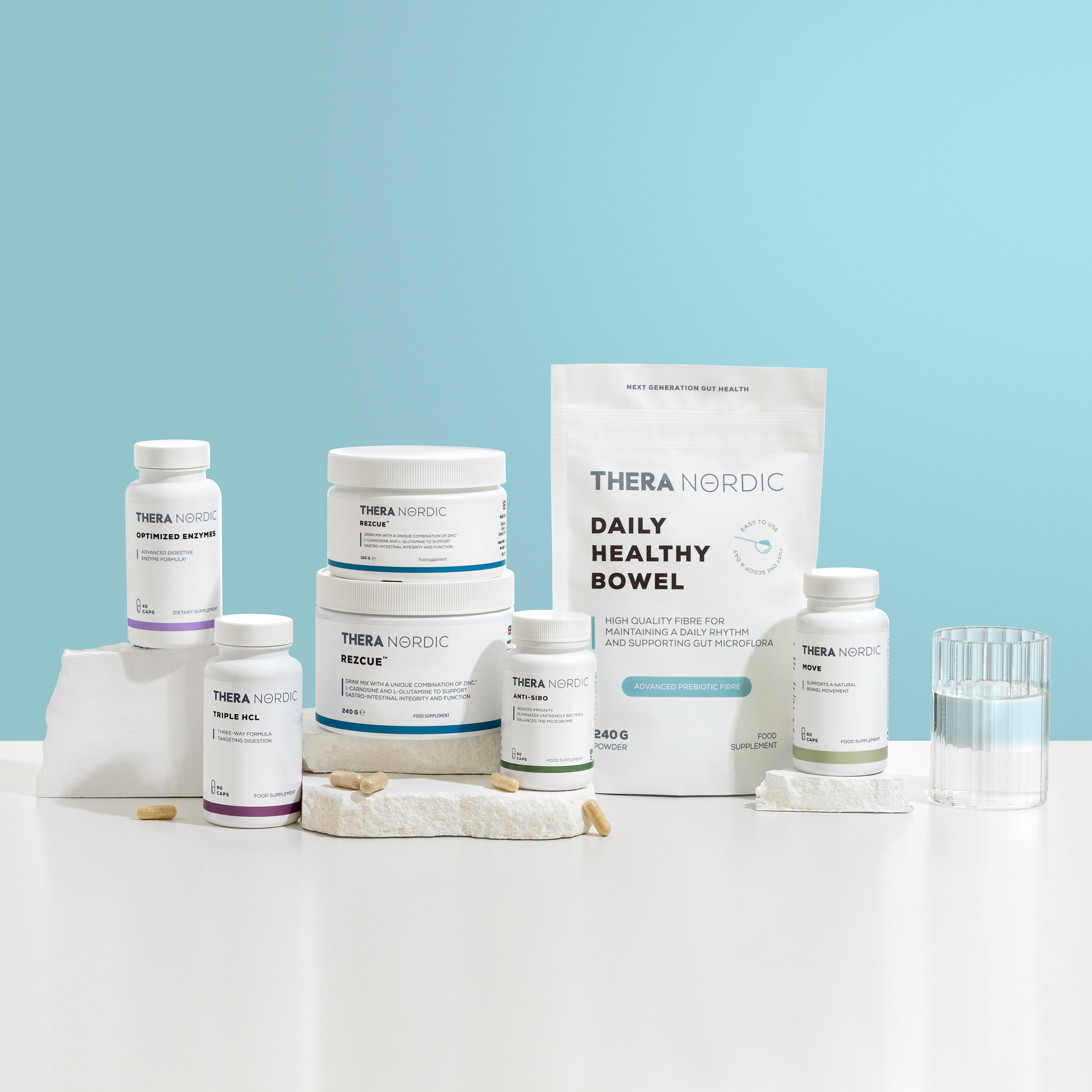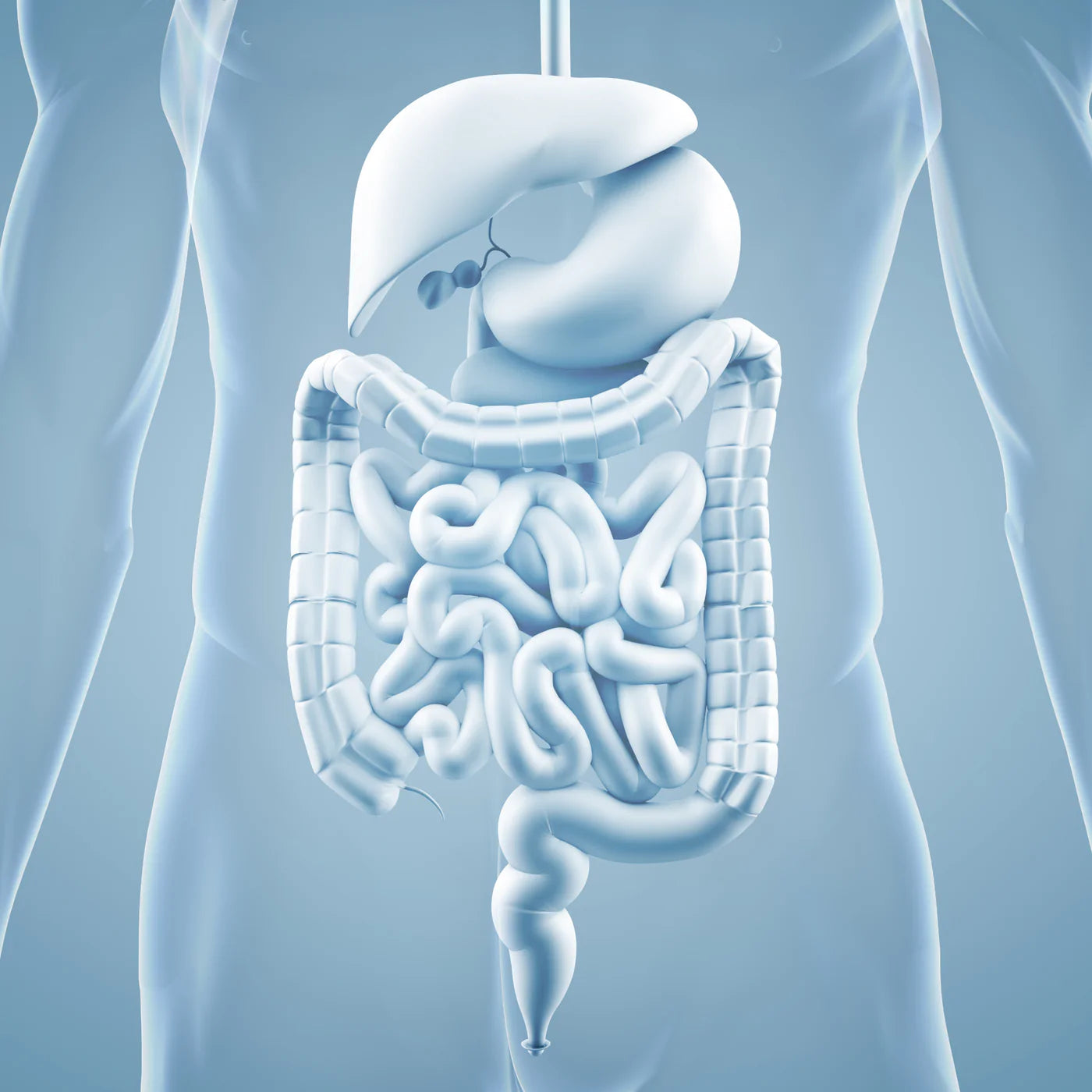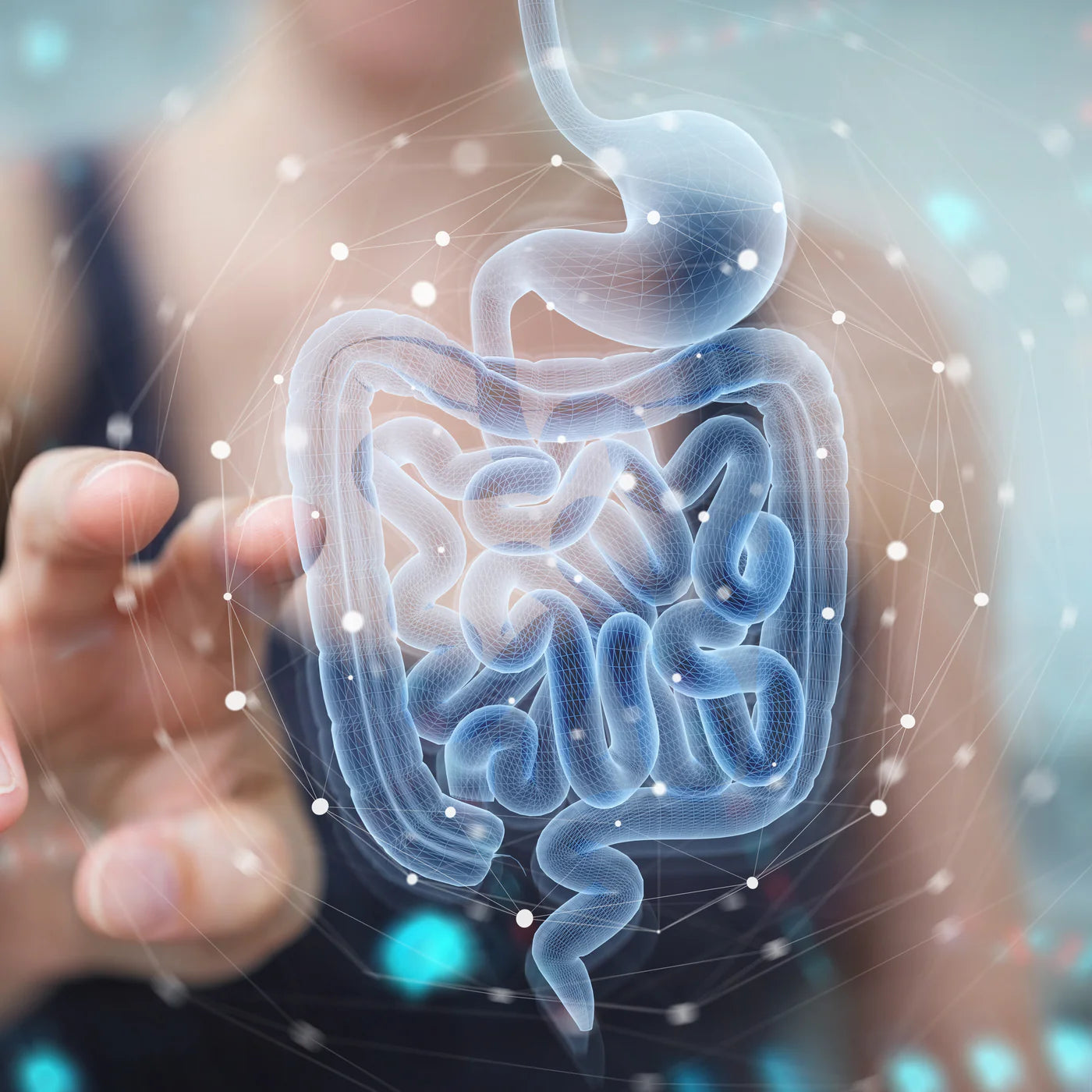Colitis is a long-term condition where the colon and rectum become inflamed when small ulcers develop on the colon lining which can bleed and produce pus.
Statistics from UK Crohn’s and Colitis UK charity show that 1 in 277 people in the UK (approximately 296,000 people) have been diagnosed with colitis. Whilst it can be diagnosed at any age the most common age range for diagnosis is 15 to 25 with both men and women being affected equally.
Causes
Autoimmune condition
The immune system defends the body against infection. An autoimmune condition is when the immune system mistakenly attacks healthy parts of the body. According to some experts this is one cause for developing colitis.
The immune system works by releasing white blood cells to destroy infectious bacteria which leaves the area swollen and inflamed. However, one explanation suggests that the immune system mistakes the ‘friendly bacteria’ (which aids digestion) as infectious bacteria and so tries to fight it off. This can often occur due to an imbalance of good and bad bacteria in the bowel.
Genetics
Evidence has suggested that inherited genes may contribute to the development of colitis. If you have a family member with colitis you are more prone to developing the disease yourself with numerous genes having been discovered which appear to increase a person's risk of developing colitis. Many of these genes are thought to be involved with the immune system.
Environmental factors
Your chances of developing colitis also seem to be affected by where you live, with the condition being more common in urban areas of northern parts of Western Europe and America. Environmental factors such as diet, pollution and medicine are being studied to see if they are linked to the condition. Although there has been no objective evidence that has been identified so far it is suggested that reduced exposure to bacteria may be an important factor.
Symptoms
The severity of symptoms varies from person to person depending on how inflamed the colon and rectum is. For some people the symptoms can have a dramatic impact on their daily life. Common symptoms include:- Stomach pains
- Recurring diarrhoea (potentially containing blood, pus or mucus)
- Frequent bowel movement leading to frequent bowel movements
- Some people also experience extreme fatigue, loss of appetite and weight loss.
Symptom flare-ups
For most people there is no real reason for flare-ups to occur although gut infection and stress are potential factors.
Symptoms come in waves and some people can go months with very mild symptoms or even none at all (this is known as remission) which are followed by periods of time where symptoms dramatically flare up again. During these flare ups the common symptoms can also expand to include
- Mouth ulcers
- Irritated eyes
- Joint pains
- Erythema nodosum, a condition which is characterized by tender, red bumps, usually found symmetrically on the shins
What to do if you suspect Colitis?
Inflammatory Bowel Diseases like Colitis (and Crohn's disease) are conditions that require medical attention. It is wise to seek out a qualified gastroenterologist who will then map out what can be done in your case.
How can Rezcue help?
We have dozens of customers cases who have got tremendous help from Rezcue. Rezcue contains Zinc L-Carnosine and L-Glutamine, both of which are specifically intended to soothe mucosal linings in the gut. Based on what we hear from our customers, it typically takes 2-3 weeks to notice clear benefit in their bowel condition.
















